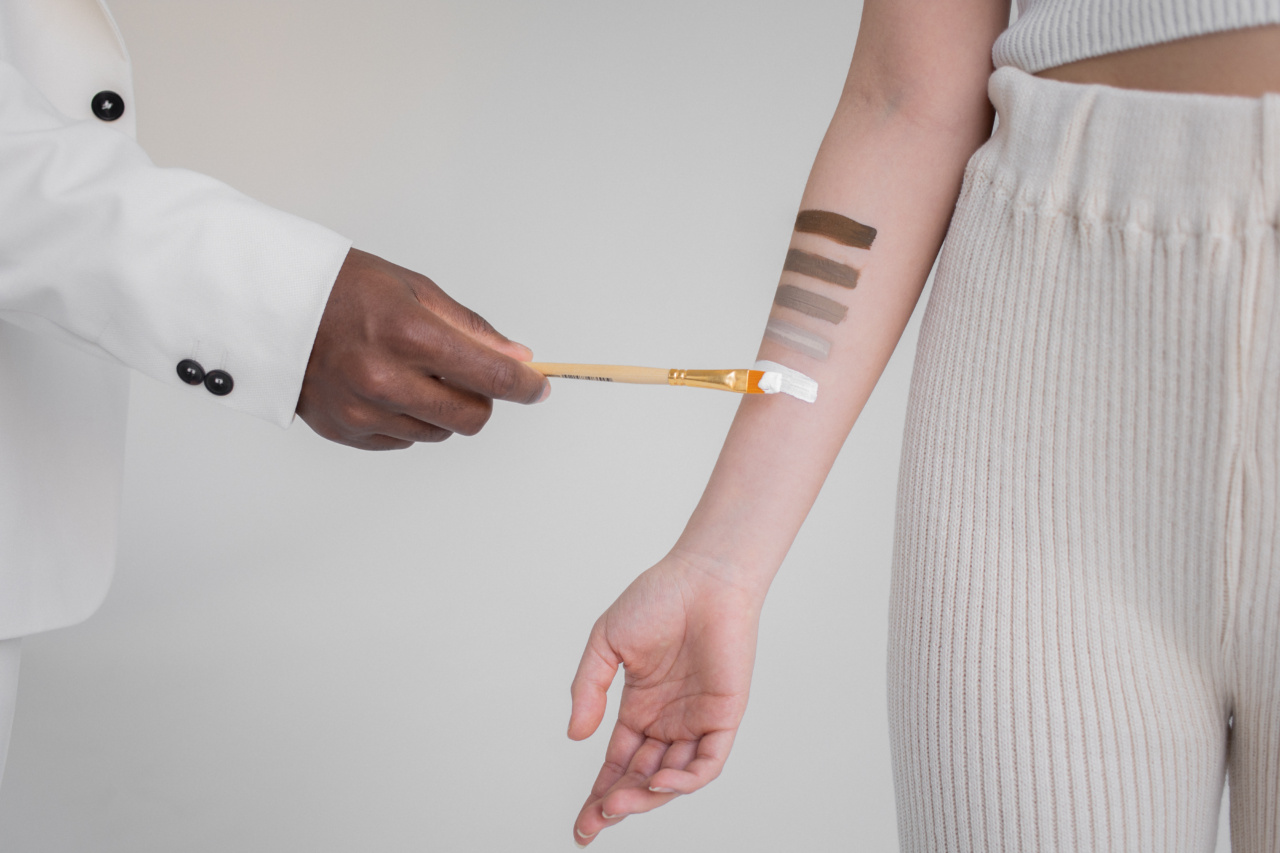A Pap smear test is a screening method that can detect cancerous and pre-cancerous cells in a woman’s cervix. A Pap smear test helps to detect cervical cancer early, while it is still in the early stage and manageable.
What is a Pap Smear Test?
A Pap smear test is a simple and painless test that helps in detecting cervical cancer and pre-cancerous cells in the cervix.
Your doctor, gynecologist, or a nurse practitioner will collect a sample of your cervical cells with a small brush or a spatula during a pelvic exam. These cells will be sent to a laboratory for testing to detect abnormalities or changes that could develop into cancer over time.
Who Needs a Pap Smear Test?
Pap smear test is recommended for all women between the ages of 21 and 65. Women between the ages of 21 and 29 should have a Pap smear test every three years.
Women between the ages of 30 and 65 should have a Pap smear test every five years or a combination of Pap smear and HPV test every five years.
What Are the Benefits of Pap Smear Test?
The benefits of Pap smear test are:.
- Early Diagnosis of Cancer: Early detection of cervical cancer through Pap smear test increases the chances of successful treatment.
- Preventive for Cervical Cancer: Pap smear test helps to detect changes in cervical cells before they turn cancerous allows doctors to treat these abnormal cells to prevent cervical cancer from developing.
- Less Invasive: Pap smear test is a less invasive and simple procedure that can be done in a doctor’s office in just a few minutes.
How to Prepare for Pap Smear Test?
Preparing for a pap smear test is easy. Here are the things you should do before going for the test:.
- Avoid intercourse and vaginal douching for at least 48 hours before the test, as they can interfere with the test results.
- Do not use any vaginal creams or medications for at least 48 hours before the test.
- Wear comfortable and easily removable clothing or a gown as you will be asked to undress from the waist down for the test.
What Happens During a Pap Smear Test?
During a Pap smear test, you will be asked to undress from the waist down and lie on the exam table. Your doctor, nurse practitioner, or a gynecologist will insert a small speculum into your vagina to widen it, which may cause some discomfort.
They will then take a small sample of cells from your cervix using a brush or a spatula, which may cause some mild discomfort or pressure. The procedure only takes a few minutes and is usually well tolerated by most women.
When to Expect the Results?
You can expect to receive your Pap smear test results within a week or two after the test. If the results show any abnormalities, your healthcare provider will contact you to arrange further testing or treatment.
When to Call Your Doctor?
You should contact your doctor if you experience any of the following symptoms after a Pap smear test:.
- Heavy vaginal bleeding
- Severe abdominal pain or discomfort
- Fever or chills
- Unusual vaginal discharge
What Are the Risks and Complications of Pap Smear Test?
Pap smear test is a safe and simple test, and the risks and complications of the test are minimal. However, some women may experience the following complications:.
- Spotting or light bleeding
- Mild discomfort or cramping
- Infection (rare)
- False-positive test results, which suggest cancer when there is none
Conclusion
Pap smear test is a simple and effective way to detect cervical cancer and pre-cancerous cells in the cervix. The test is recommended for all women between the ages of 21 and 65, and the frequency of the test depends on your age and risk factors.
Getting regular Pap smear tests can help to prevent cervical cancer by detecting the abnormal cells early before they turn cancerous.




























